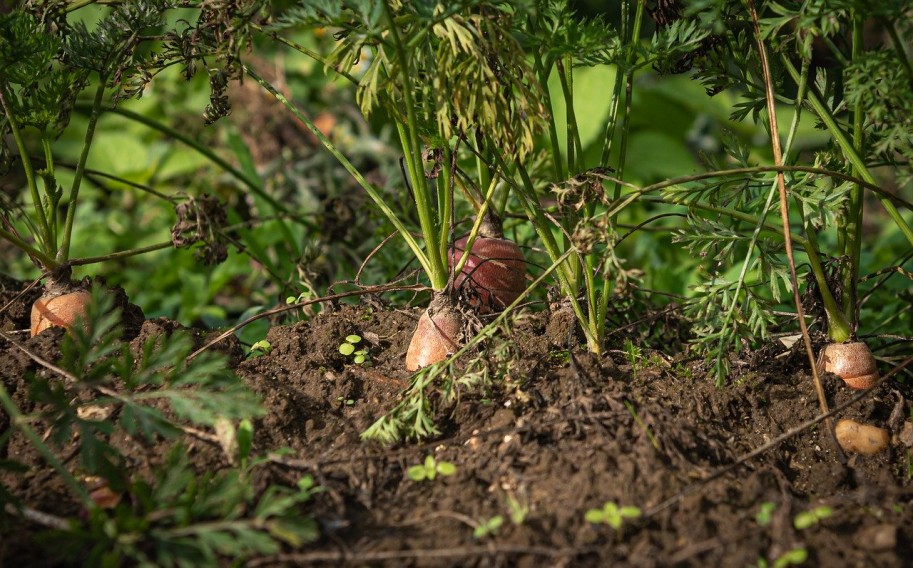
Did you know that the food you eat accounts for 26% of GHG emissions globally?
On an individual level, being more discerning about what you eat and making better food choices is one way to make your contribution towards sustainability.
If you are keen on joining the numerous green initiatives around the globe, your kitchen would be a great place to start.
What's more, this is something you can do with your entire family. Here are some tips to help you eat more sustainably.
Stop Buying Water in Small Bottles
If your family is buying small water bottles packed by the dozen to last the week, this seemingly harmless habit dramatically harms the environment.
While the developed world has excellent recycling systems, none can claim to have reached 100% recycling efficiency. This means that plastics still end up in water bodies, landfills, and so on, where they damage the environment.
Instead, buy durable BPA-free water bottles for every member of the family and encourage everyone to refill their bottles at home, work, and school to avoid having to buy water.
Join Other Initiatives
Social media has made it possible for people to link up with others of a similar mindset, goals, and values.
Joining both online and offline communities big on green is a great avenue to find support and information to help you make changes and take actions that impact the environment positively.
Social enterprises such as the Social food project is one such organization that seeks to address issues around food sustainability.
Reduce Food Waste
According to estimates, 30 to 40 % of the food produced in the US ends up in the garbage.
Some of this food goes bad in retail stores, some of it goes bad within homes after purchase.
Aside from the monetary cost to buy this food, there are agricultural inputs, transportation, and energy used to grow and process these foods that go to waste.
Closely monitor what your family consumes and buy only what you need at a go. This can reduce the instances of food going bad in your house or having to throw food away.
Shop at Sustainable Stores
Environment conscious entrepreneurs have seen the value in running sustainable stores as well. Shopping in such stores makes it a lot easier to uphold a healthy and sustainable eating lifestyle.
Granted, these stores are slightly pricier, but with good reason. Unlike their counterparts, they have to work slightly harder to find organic ingredients.
Eating organic food is not just good for the environment; it's also good for your health.
Pay Attention to Packaging
Most items you pick up from shelves are most often wrapped in plastic. When shopping, try to look at products with less packaging, or those packed in bio-degradable materials.
If this is not possible, buy in bulk. This means you will use fewer plastics in the long run.
Similarly, make it a habit for all your family members to carry durable and foldable bags with them so as to avoid having to buy plastic bags to carry stuff.
Grow Food
If you have some space in your backyard, consider growing a few greens and herbs. Some of these do great indoors as well.
By doing this, you are sure that you're feeding your family on fresh, organic food.
You can also use other food waste as manure for your kitchen garden, reducing the amount of waste you send to landfills.
Start Small
The issues of sustainability are undoubtedly huge. For this reason, it's easy to feel overwhelmed when thinking of ways to advance the cause.
Don't think of it this way. Instead, identify a few things your family is able to do easily and start with those, while you slowly grow the list.
Remain consistent and rest assured that these small actions are indeed making their mark on a bigger global issue.
* This is a contributed article and this content does not necessarily represent the views of foodworldnews.com









